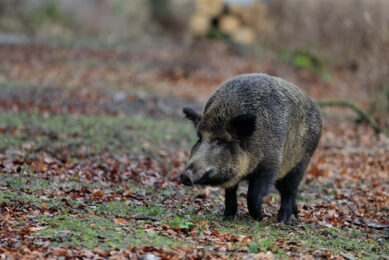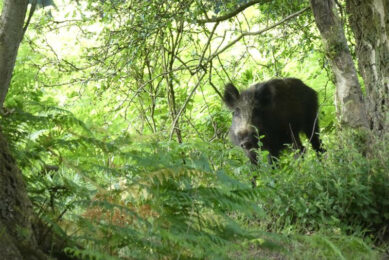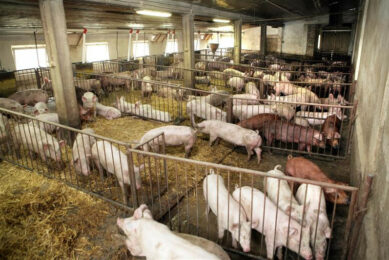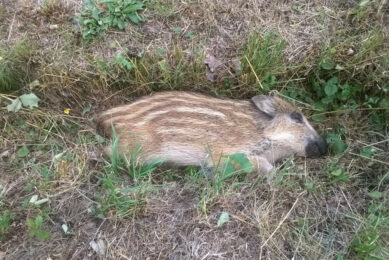Mass depopulation on pig farms, what does science say?
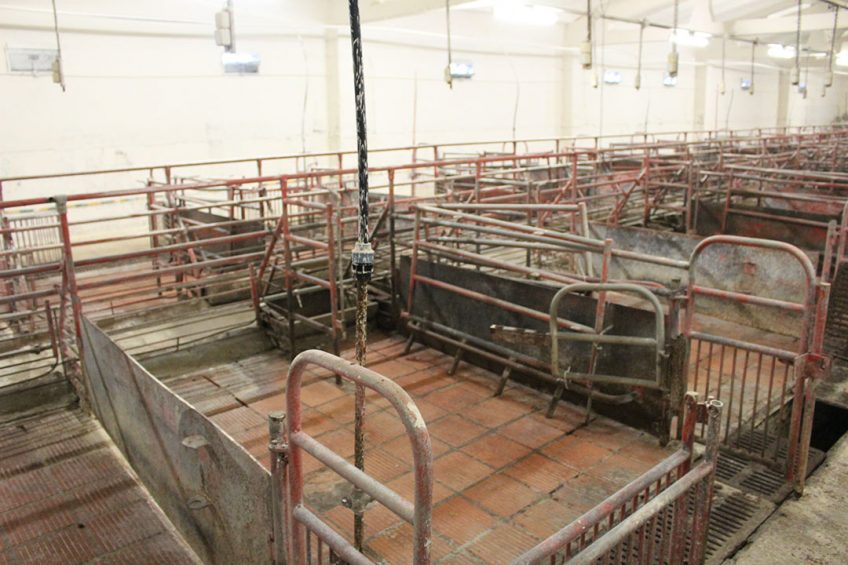
Due to overstocked pens, swine farms had to depopulate during Covid-19. What would have been the most appropriate method to do so? Currently we do not know enough, says pig health and welfare expert, Dr Monique Pairis-Garcia.
2020 was a difficult year for livestock producers across the globe. The global health crisis caused by Covid-19 left many of us in the livestock industry both personally and professionally challenged in moving forward with day-to-day operations.
It is without a doubt that 2020 will be remembered in part by the difficult decisions made by producers to depopulate livestock on-farm. These depopulation events occurred primarily in the swine and poultry industries due to stop movement events occurring downstream at packing plants but we also witnessed depopulation of some of Denmark’s mink industry as an attempt to eliminate public health risk of SARS-CoV-2 variants.
Preparing better – then answers in pig science
For those of us that were involved in the decision to depopulate, these tasks came with heavy hearts and emotions. As an animal welfare scientist and veterinarian, I look back on these events and ask myself how we could have prepared better and what we can do better for the future. For me, I look for these answers in science.
One obvious reality regarding depopulation was that as an industry as a whole, we were not fully ready to implement depopulation on such a scale and that was likely because we didn’t have the science to guide us on making the best decisions.
Depopulation methods in swine
Work lead by Dr Andreia Arruda from The Ohio State University highlighted this very issue in a recent review article in the scientific journal Animals about depopulation methods in swine. Dr Arruda and her team conducted a review study summarising depopulation methods available for swine and highlighted the gaps in knowledge that should be focused on for future research.
The results from this study were clear; we just do not have enough information. In her work, Dr Arruda identified that the majority of research conducted on depopulation events focused on using inhalable methods (e.g. CO2) for depopulating swine with little information on other important methods such as electrocution, captive bolt gun or oral formulations. In addition, limited to no research has been conducted on how depopulation methods influence worker safety and emotional health.
As we move forward, our understanding of depopulation has improved given the on-farm experiences of 2020 and personal communication with the individuals making these decisions in a time of crisis. Nevertheless, advancing depopulation methods cannot rely solely on personal experience alone.

Pig Progress experts talkTo read more Pig Progress expert opinions
Quick and humane death for animals
As a global industry, we must focus on funding and supporting research that scientifically validates depopulation methods that ensure a quick and as humane death for animals and takes in account the impact that these events have on worker safety and mental health. This will unfortunately not be the last time depopulation is required in a time of crisis, but my hope is that the science can lead the industry on making the best decision on depopulation that safeguards human safety and animal welfare.




